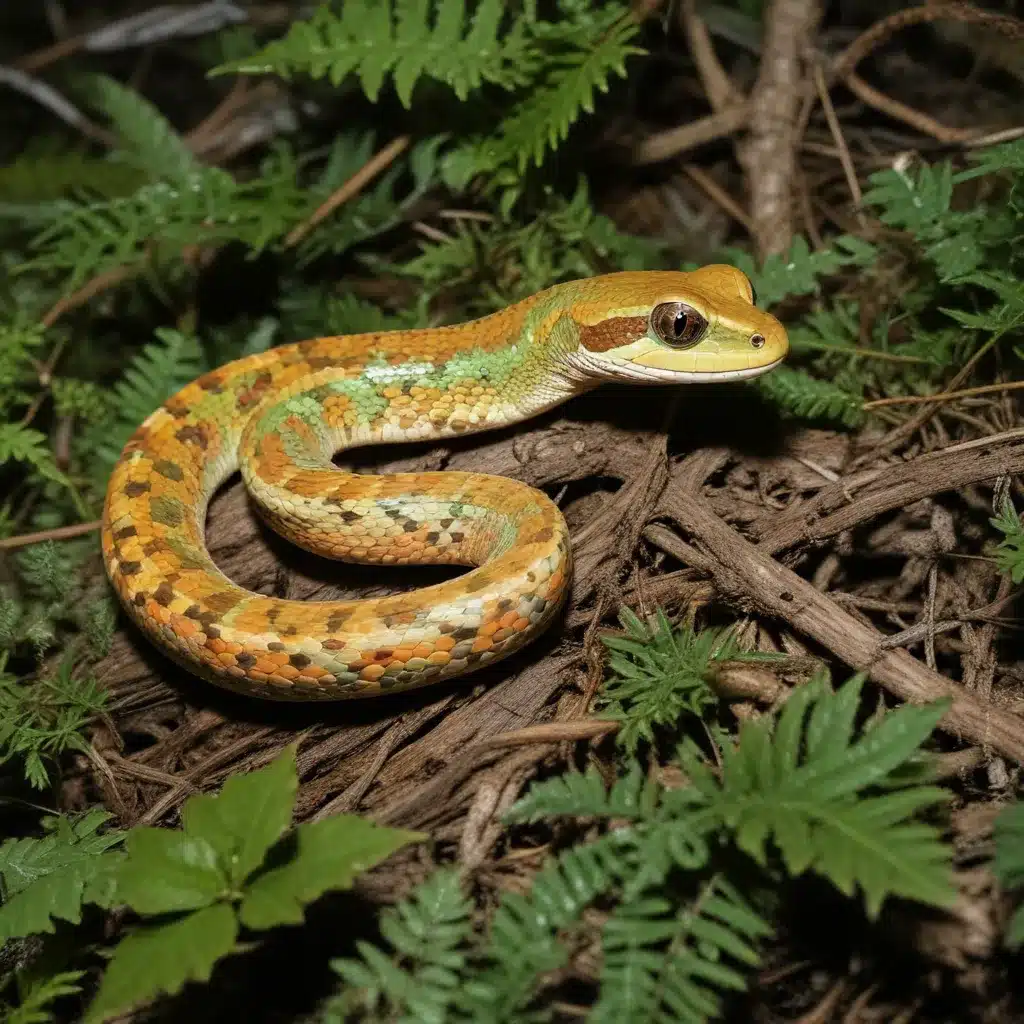
Understanding Unique Reptile Species
The world of exotic reptiles is a captivating realm that fascinates both seasoned enthusiasts and newcomers alike. From the vibrant colors of rare chameleons to the mesmerizing movements of enigmatic snakes, these captivating creatures offer a window into the incredible diversity of the reptilian kingdom. Whether you’re a seasoned breeder or a budding reptile enthusiast, exploring the unique characteristics and care requirements of exotic reptile species can be a truly rewarding experience.
One of the key aspects of working with rare herps is recognizing their individual needs and adaptations. Each species, from the delicate glass frogs to the powerful monitor lizards, has evolved to thrive in its own specialized environment. Understanding the nuances of their natural habitats, dietary preferences, and behavioral traits is essential for providing them with the optimal conditions to not just survive, but truly flourish in captivity.
Reptile enthusiasts must also be mindful of the legal considerations surrounding the ownership and sale of exotic species. Many rare and endangered reptiles are subject to strict regulations, both at the national and international level. Responsible herp enthusiasts must familiarize themselves with the relevant laws and guidelines to ensure their activities align with conservation efforts and the well-being of these remarkable creatures.
Establishing Proper Reptile Habitats
Creating a suitable habitat for exotic reptiles is a critical component of responsible herp keeping. Each species has unique environmental requirements, from temperature and humidity levels to substrate composition and lighting needs. Carefully replicating the reptile’s natural habitat is essential for maintaining their health and promoting natural behaviors.
One of the first considerations when setting up an enclosure is the appropriate size. Exotic reptiles, such as monitor lizards or large snakes, require ample space to move, explore, and exhibit their natural behaviors. Providing a spacious and well-designed enclosure not only ensures the animal’s physical well-being but also helps to reduce stress and aggressive tendencies.
Temperature regulation is another crucial factor in reptile husbandry. Reptiles are ectothermic, meaning they rely on external heat sources to regulate their body temperature. Maintaining the correct temperature gradients within the enclosure, with both warm and cool zones, is vital for proper digestion, immune function, and overall health. Specialized equipment, such as heat lamps, ceramic heaters, and thermostats, can help reptile owners precisely control the environmental conditions.
Humidity is another essential consideration, as many exotic reptiles thrive in specific moisture levels. Arid-adapted species, like desert-dwelling geckos, require lower humidity levels, while tropical species, such as certain snakes and lizards, need higher humidity to prevent respiratory issues and skin problems. Owners can use a combination of water dishes, misting systems, and appropriate substrate to maintain the ideal humidity range.
Proper lighting is also critical for reptile health and well-being. Many exotic species require specific wavelengths of ultraviolet (UV) light to synthesize vitamin D3, which is essential for calcium metabolism and bone development. Implementing the correct lighting schedule and using high-quality bulbs can help ensure your reptile’s overall well-being.
Reptile Breeding and Husbandry
Breeding exotic reptiles is a complex and rewarding endeavor that requires a deep understanding of each species’ unique reproductive needs. Successful breeding programs not only contribute to the preservation of rare and endangered species but also provide a sustainable source of captive-bred animals for the reptile trade.
One of the most important aspects of reptile breeding is recognizing the species-specific cues that trigger breeding behaviors. For some reptiles, this may involve providing seasonal temperature and photoperiod changes to mimic natural conditions. For others, it may be introducing specific environmental stimuli, such as rainfall or substrate changes, to induce courtship and mating.
Proper nutrition and conditioning of breeding animals is also essential. Ensuring that the parent reptiles are in optimal health, with the right balance of vitamins, minerals, and nutrients, can improve fertility, egg production, and hatchling viability. Experienced breeders often use specialized diets and supplementation regimes to support their breeding stock.
Incubation and hatching protocols are also critical for successful reptile breeding. Factors such as temperature, humidity, and gas exchange must be carefully managed to ensure the healthy development of embryos and the successful emergence of hatchlings. Breeders may use specialized incubators, carefully monitoring and adjusting the conditions to mimic the natural environments where these reptiles would thrive.
Legal Considerations for Exotic Reptile Ownership and Sales
The ownership and sale of exotic reptiles are subject to a complex web of legal regulations and conservation efforts. Responsible herp enthusiasts must be aware of the various laws and guidelines that govern the trade and possession of these animals, both at the national and international level.
At the national level, many countries have specific laws and permits governing the import, export, and ownership of certain reptile species. These regulations are often based on the conservation status and protection levels of the animals, with more stringent requirements for endangered or threatened species. Reptile owners and breeders must familiarize themselves with the relevant laws and ensure they are in full compliance.
Additionally, international agreements, such as the Convention on International Trade in Endangered Species of Wild Fauna and Flora (CITES), establish global frameworks for the protection and regulation of wildlife trade. Many rare and exotic reptiles are listed under CITES, which requires specialized permits and documentation for their import, export, and sale. Herp enthusiasts must be vigilant in adhering to these international regulations to avoid legal complications and support conservation efforts.
Beyond the legal requirements, responsible reptile owners and breeders should also consider the ethical implications of their activities. Ensuring the well-being of the animals, promoting responsible breeding practices, and contributing to conservation initiatives can all help to mitigate the potential negative impacts of the exotic reptile trade.
ExoticReptilesForsale.com is a valuable resource for reptile enthusiasts, providing a wealth of information and a platform for responsible reptile ownership and sales. By staying informed, adhering to legal guidelines, and prioritizing the welfare of exotic reptiles, hobbyists and breeders can help to preserve these captivating creatures for generations to come.

